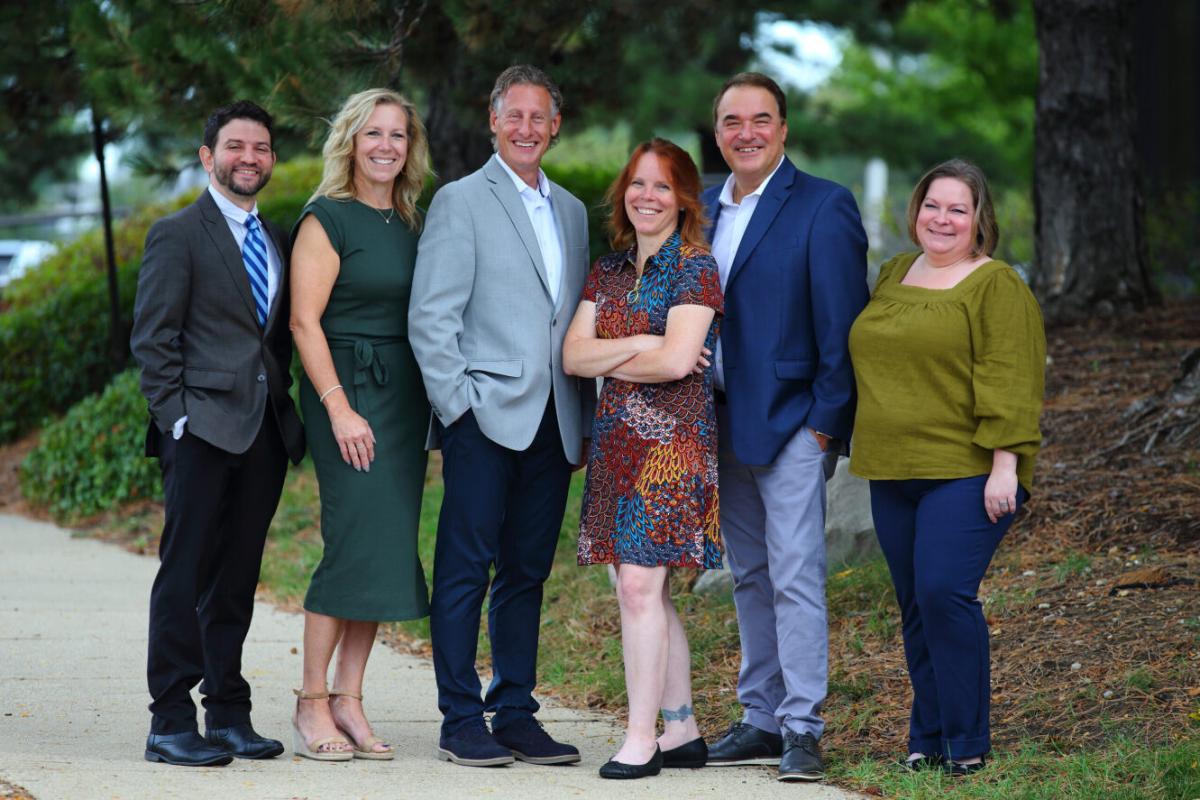Submitted by Christopher S. Nudo on
Studies show that only about one-third of all Americans have a will or other inheritance document in place, and one of the most frequently cited reasons for not having a will is that the respondents do not know the process.
A last will and testament is a document that designates who receives your assets when you pass away. Drafting a will or a trust begins with surveying everything you’ve accumulated in life. Everything accumulated over time includes stocks, property, furnishings, cars, collections, even treasured family heirlooms like photographs, scrapbooks, and treasured memories from trips hold value for your will or trust.
If you’re in Rolling Meadows, Elgin, Illinois, or in the Northwest suburbs of Chicago, and you are seeking help with creating or reviewing if a will or trust is right for you, contact us at Christopher S. Nudo, Attorney at law. We will provide personalized attention and service to your individual needs to help draft an organized will for you and your loved ones.
Key Roles and Decisions When Creating a Will or Trust
When creating your will or trust, you must be 18 years of age and have a sound mind and memory. It is essential to have a plan and legal document in place to provide for your loved ones when you’re gone.
A will or trust is the building block of planning for the future, which means you need to carefully observe your assets.
Another necessity is to hire an attorney to assist you in the process. Once you start pondering your assets, you will quickly realize that you need professional advice and help. An experienced attorney is an important ally and counselor.
The next – and probably most important – role to consider is that of your family members. You will have to conclude who the beneficiaries are and which assets each beneficiary will possess. Furthermore, it is a must to name a guardian if you have children under the age of 18 and a person to manage the property and assets left to the children.
Each will require that you name a personal representative, who will become the legal executor of your estate or the trustee of your trust – the person who oversees the distribution of assets after you’re gone. This person can be a family member, friend, or associate.
Once you pass away, the personal representative will present the will to a probate court, and the court will name an executor. With a trust, the successor trustee will take control of your trust assets. The executor or trustee surveys and collects your assets and pays off taxes and creditors, and in the final phase distributes your assets to those designated.
As for practical considerations, when creating your will or trust, you will need two witnesses to sign it at the same time you do. These witnesses cannot stand to profit in any way from your inheritance. While notarization is not required by law, we recommend the documents be notarized.
Do You Include a No-Contest Clause?
There are problems a representative can face in probate court regarding your will. Some heirs feel cheated or left out, and they may present legal challenges that can tie up proceedings and run up the legal costs.
A way to avoid confrontation is by including a no-contest clause in the will. A no-contest clause, also known as an in terrorem clause, states that anyone who challenges the will is barred from inheritance.
Wills and Trust Attorney Serving Rolling Meadows and Elgin, Illinois
Constructing a will or trust is challenging to organize on your own. There are multiple considerations required for a well-established will or trust. Creating and reviewing a will or trust alongside an experienced attorney is beneficial. If you’re in Rolling Meadows, Elgin, or the Northwest suburbs of Chicago, Illinois, contact our team at Christopher S. Nudo, Attorney at Law for experienced legal guidance and advocacy. There’s no time better than the present to begin planning for the future.

